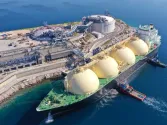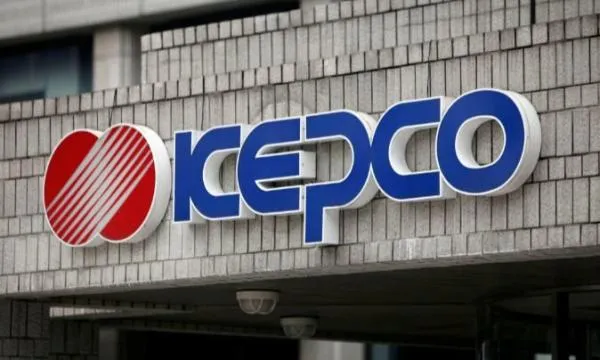
KEPCO's revenue buoyed by declining fuel costs
Cost reduction could outweigh Korea’s declining power demand in 2020.
Despite weaker power demand that will hurt Korea Electric Power Corp's (KEPCO) revenue, the company’s profit is tipped to improve because of declining fuel costs, which will more than offset decreases in sales volume, according to a report from Moody’s Investors Service.
Korea’s power demand is expected to decline by low- to mid-single-digit percentage in 2020 and remain nearly flat in 2021, no thanks to economic contraction arising from disruption caused by the pandemic.
In addition, KEPCO's environmental compliance costs will likely increase, given the tightening environmental regulations.
Still, it stands to benefit from declining input costs, which includes costs to generate power through its generation subsidiaries and to purchase power generated from independent power producers (IPPs), amidst lower crude oil prices. Cost reductions along with a recovery in nuclear utilization will outweigh a lower revenue contraction.
KEPCO's adjusted EBITDA is tipped to rise to $9.9-11.55b (KRW12-14t) in 2020-21 from around $8.50b KRW10.3t in 2018-19. This is still likely to be smaller than the levels recorded in 2015-17 mainly because of the declining sales volume and higher environmental compliance costs.
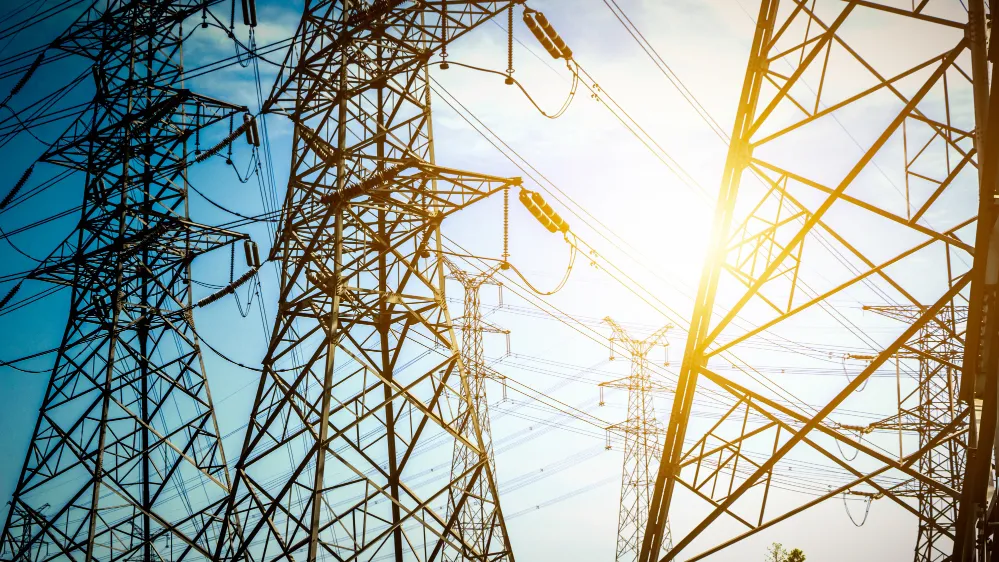
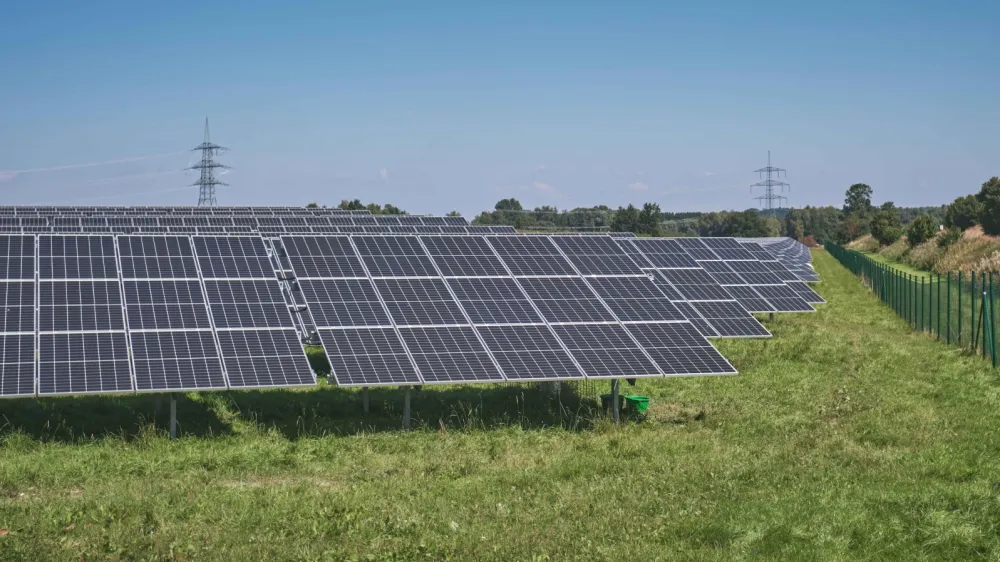
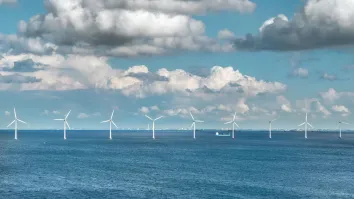
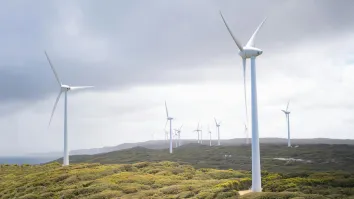
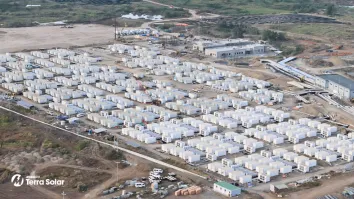
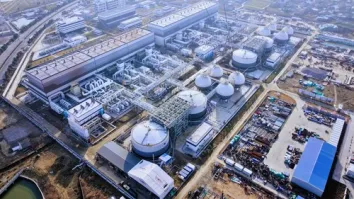













 Advertise
Advertise

